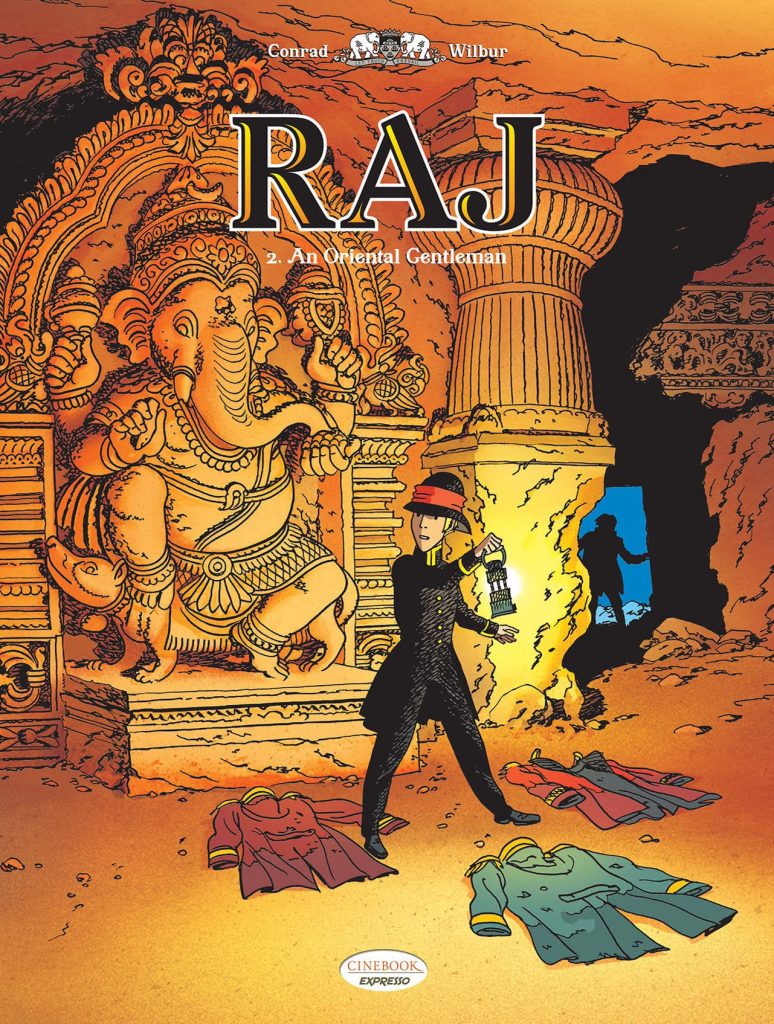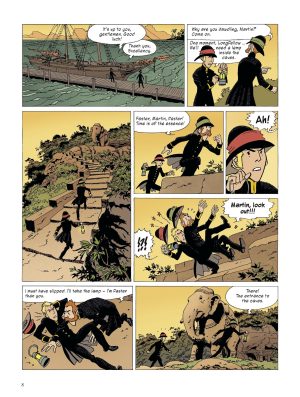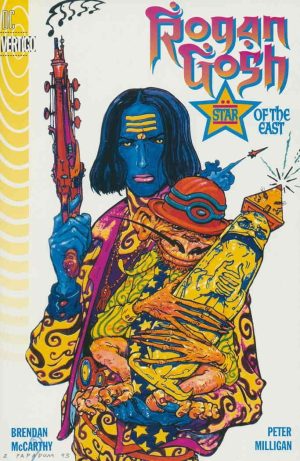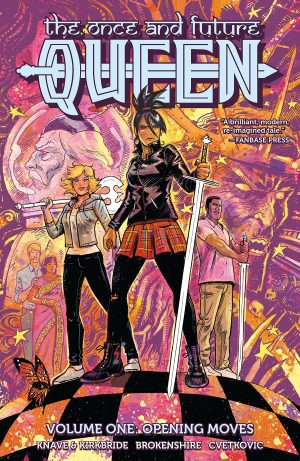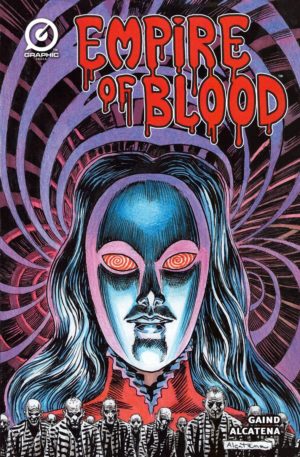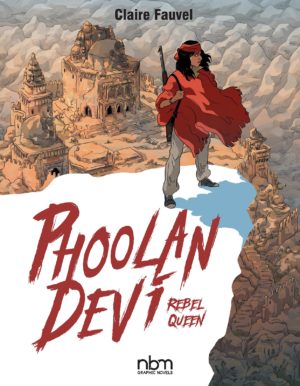Review by Karl Verhoven
Alexander Martin is a newly arrived officer in what in the 1800s was Bombay, controlled by the occupying British. He’s honest, open-minded and tenacious, having asked to be transferred to an area of adventure that most of his class would avoid, but those qualities immediately make him a marked man among the British elite. His personality served him well when several of the elite went missing, one of whom later turned up beheaded. The Missing Nabobs of the City of Gold ended with Martin assuming the brusque, but upright Lord Bullock had been lured into a trap.
Husband and wife writing team of Didier Conrad and Wilbur (Sylvie Commenge) acknowledge the reference material supplying an accurate depiction of time and place, and the extra care taken is exemplified by Conrad supplying wraparound covers for both Raj books. As before, his illustration is excellent, detailed and creative in the realisation of locations, although for all the detail included Conrad doesn’t bother with dirt. Several people sink in mud, yet it seems to have cleansing properties as those emerging do so with dry-cleaned clothing.
Around a dozen people with roles were introduced in the first volume, and the conclusion plays up the political scheming in which the British specialise, their world one of plot and counter plot. All were convincing apart from the overly exaggerated idiocy of Warren Longfellow who again plays the part of the village idiot, although with an understanding of the political expediences. However, there’s some compensation in the continued imperious magnificence of Ayesha, smarter than everyone who looks down on her. “The sahib won’t like the answer”, she notes during one of her memorable moments, “so he shouldn’t ask the question.” It’s a reduced cast who set about solving why the killings have been arranged, and by halfway through this volume a suspect is laid before the readership.
Everything is neatly tied up in what’s basically a good old-fashioned adventure proved to have foreshadowed events very astutely. It’s notable for revealing a truer version of British activities in India contradicting the official history of the glorious Empire period.
Conrad and Wilbur returned to Raj for a second two-part story, so may a translation follow soon.
